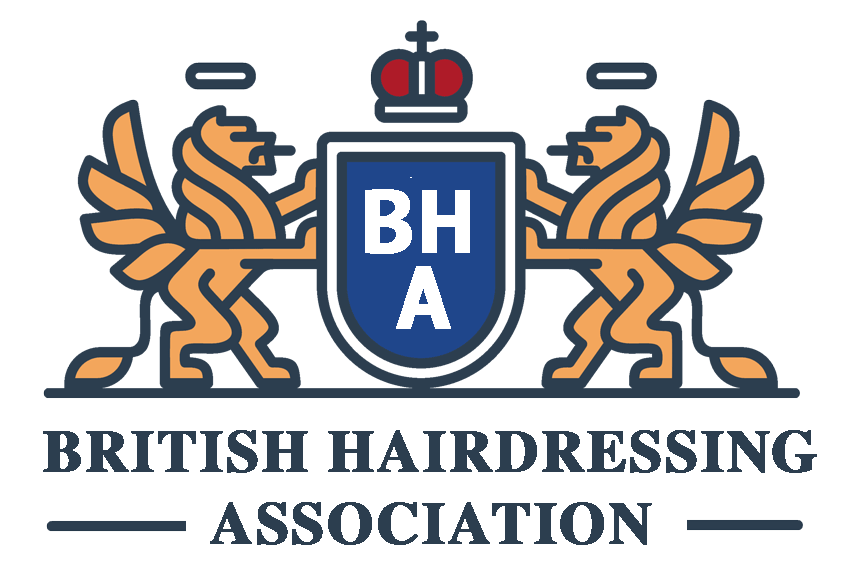Demystifying Hairdressing Certification Requirements Across the UK
Understanding Hairdressing Certification Requirements in the UK
When it comes to pursuing a career in hairdressing, understanding the certification requirements across the UK can be a bit confusing. With different regions and governing bodies, it’s important to know what is needed to become a certified hairdresser. In this article, we will demystify the hairdressing certification requirements across the UK.
Types of Hairdressing Certifications
There are several types of hairdressing certifications available in the UK. The most common ones include NVQ (National Vocational Qualification) in Hairdressing and Barbering, VTCT (Vocational Training Charitable Trust), and City & Guilds qualifications. Each of these certifications has its own specific requirements and curriculum.
Basic Requirements
Individuals looking to pursue a career in hairdressing must have a basic understanding of English and Math, as well as good communication skills. Additionally, some certification programs may require candidates to have completed a certain level of education or work experience in the field.
Training and Education
Most hairdressing certification programs in the UK require candidates to undergo specific training and education. This can include completing a set number of practical hours, attending theory classes, and participating in assessments and examinations. Some programs may also require candidates to work in a salon or supervised setting to gain practical experience.
Practical Assessments
One of the key components of obtaining a hairdressing certification is the practical assessment. Candidates will be required to demonstrate their skills in various hairdressing techniques, such as cutting, coloring, and styling. These assessments are typically conducted by qualified assessors who will evaluate the candidate’s performance and provide constructive feedback.
Examinations
In addition to practical assessments, candidates may also be required to take written examinations to test their theoretical knowledge of hairdressing techniques, health and safety regulations, and customer service skills. These examinations are designed to ensure that candidates have a thorough understanding of the industry and are capable of providing high-quality services to clients.
Continuing Education
Once a hairdressing certification is obtained, it’s important for professionals to continue their education and stay up to date with the latest trends and techniques in the industry. This may involve taking additional courses, attending seminars and workshops, or pursuing advanced certifications to further enhance their skills and knowledge.
Conclusion
Demystifying hairdressing certification requirements across the UK is essential for individuals looking to pursue a career in this field. By understanding the types of certifications available, the basic requirements, training and education, practical assessments, examinations, and the importance of continuing education, aspiring hairdressers can better prepare themselves for a successful career in the industry.


